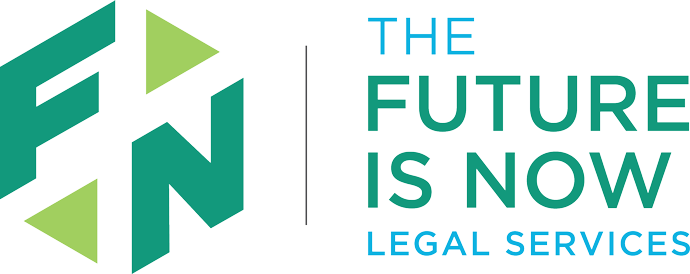Access to Justice and Technology in Illinois
The civil justice system in the United States fails to meet the needs of its most vulnerable and needy customers. Consider these statistics: The civil legal needs of roughly 80% of low-income and 60-70% of middle-income people are not being met. What’s more, tens of millions of people are evicted, lose custody of their children, and pay unnecessary fines while facing a legal system that they don’t understand and can’t navigate. Illinois is consistent with this national picture.
The good news is that technology is helping to put a small dent in this problem. Since 2001, Illinois Legal Aid Online has successfully used technology in innovative ways to increase access to justice by streamlining the delivery of free and pro bono legal services, and providing easy-to-understand legal information and assistance to the public.
The Legal Services Corporation has set a new goal: to use technology to provide “some form of effective assistance to 100% of persons otherwise unable to afford an attorney for dealing with essential civil legal needs.” To achieve these goals, we must continue to lead and innovate. Illinois requires investment, collaboration and the courage to embrace an exciting and uncertain new legal landscape.
Speaker Bio
A professor of law, Ron directs the Center for Access to Justice and Technology (CAJT), a law school center dedicated to using Internet resources to improve access to justice.
The Center places a special emphasis on building Web tools to support legal services advocates, pro bono volunteers, and pro se litigants. Current projects include A2J Author, a software tool for self-represented litigants, and the Self-Help Web Center, a help desk located at the Cook County Courthouse in the Daley Center. Here, law student volunteers assist self-represented litigants in navigating the court system using technology tools developed at CAJT.
Ron’s experience includes serving as a fellow, board member, and president of the College of Law Practice Management. He has held positions on numerous boards and committees created to promote technology solutions to access justice problems. These include the ABA’s E-Lawyering Task Force; Law Help Interactive’s advisory board; the ABA Standing Committee on the Delivery of Legal Services; the Chicago Bar Foundation’s Justice Entrepreneurs Project and its Pro Se Advisory Committee; the ABA Legal Access Job Corps Task Force; and the ABA Commission on the Future of Legal Services.
